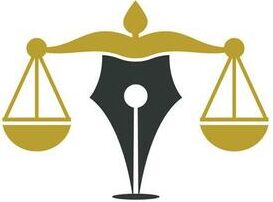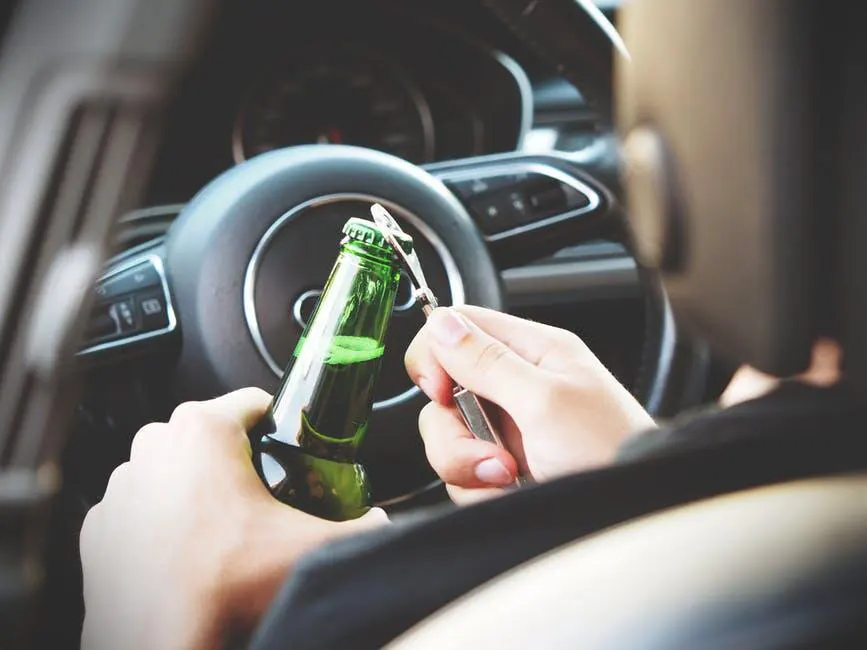Facing a DUI (driving under the influence) charge can be scary and overwhelming. There are many steps involved, and it can be hard to know what to expect. But, having a clear idea of the process can help reduce some of the stress and anxiety.
In DUI cases, there are usually main steps you’ll go through. Knowing these steps can prepare you better and make the whole experience less confusing. This guide will walk you through each step, so you feel more confident and informed as you navigate the legal process following a DUI charge.
Arrest and Booking
The DUI defense lawsuit starts with an arrest. If a police officer thinks a driver is under the influence of alcohol or drugs, they might conduct a field sobriety test or a breathalyzer test. If the driver fails these tests, they will be arrested and taken to the police station for booking.
During the booking process, basic information like fingerprints and photographs will be taken, and personal belongings will be confiscated.
Arraignment
The arraignment is the defendant’s first court appearance after being arrested. During this hearing, the judge will read the charges, and the defendant can enter a plea: guilty, not guilty, or no contest.
The judge may also set bail, which is money paid to make sure the defendant returns for future court dates. It’s important to have a lawyer during the arraignment to understand the charges and their implications.
Pre-trial Motions and Discovery
After the arraignment, both the defense and prosecution will collect evidence during the discovery phase. Pre-trial motions might also be filed now. These motions can ask to dismiss the case, suppress evidence, or seek other legal relief.
This phase is crucial because it establishes the defense strategy. The DUI lawyer will check the arrest procedures, the accuracy of the breathalyzer or blood tests, and other relevant evidence. Make sure to hire a DUI lawyer to help build a strong defense.
Plea Bargaining
In many DUI cases, the defense and prosecution will engage in plea bargaining. This process involves negotiations to reach an agreement The defendant may plead guilty to a lesser charge This is in exchange for a reduced sentence or charges dismissal.
Plea bargaining can be beneficial as it may result in a more favorable outcome than going to trial. However, it is essential to weigh all options and seek legal advice before accepting any plea deal.
Trial
If a plea agreement cannot be reached, the case will go to trial. During the trial, both sides will present their evidence and arguments.
The prosecution will attempt to prove beyond a reasonable doubt that the defendant was driving under the influence, while the defense will challenge the prosecution’s evidence and present their case.
Explore What to Expect in DUI Cases Today
Navigating DUI cases requires careful attention to detail and a thorough understanding of the legal process. Having experienced legal representation can make a significant difference in the outcome.
By familiarizing yourself with these six steps, you can better prepare for what lies ahead and make informed decisions every step of the way. So, make sure to research and explore what you can expect when facing a DUI charge today!

